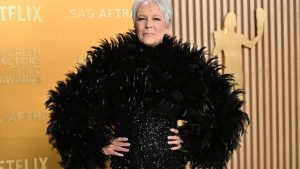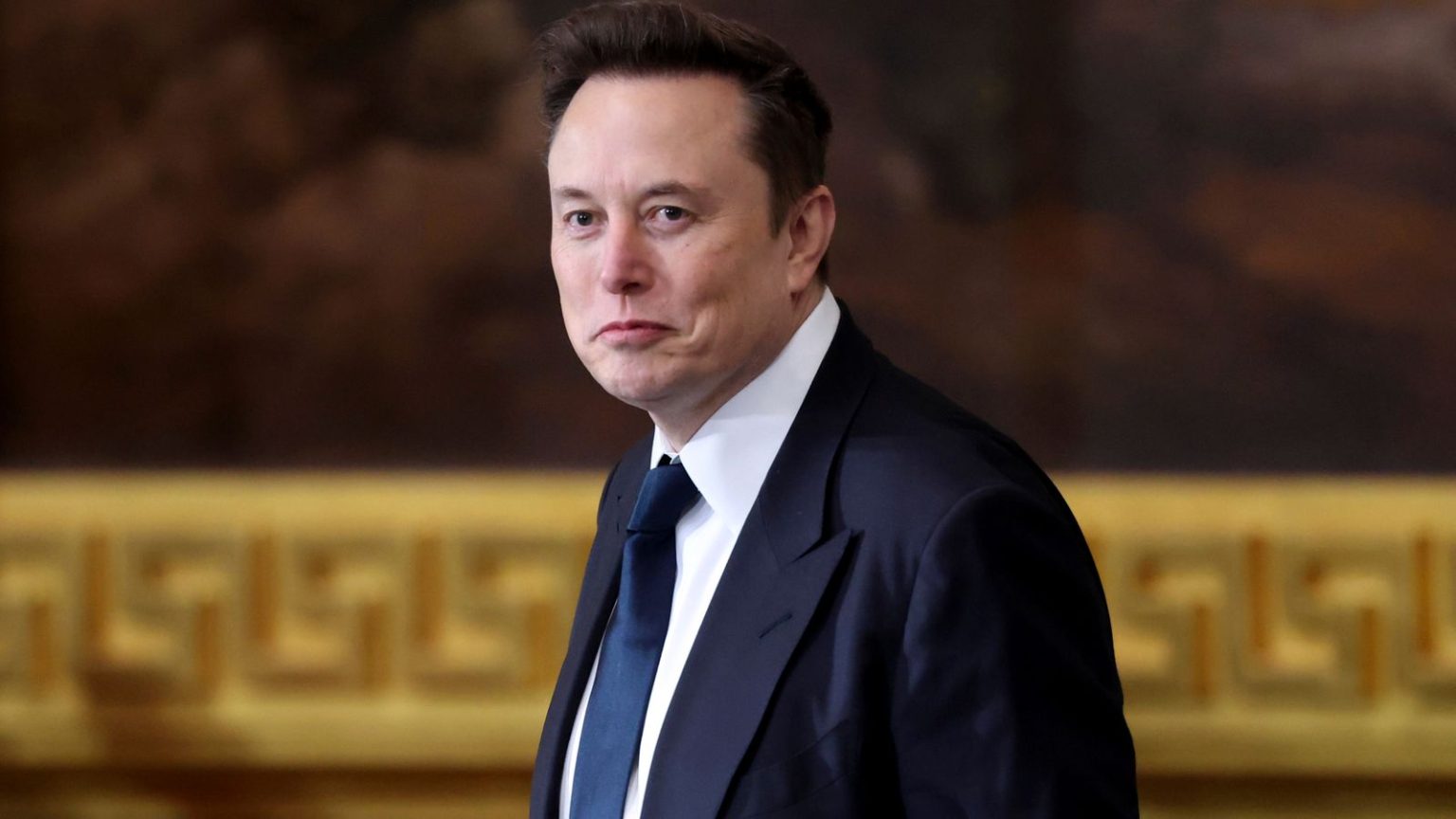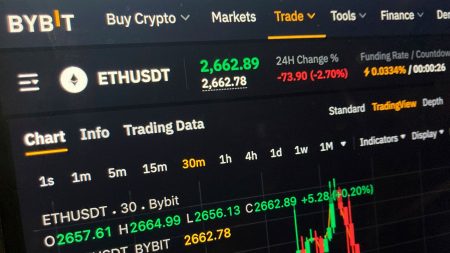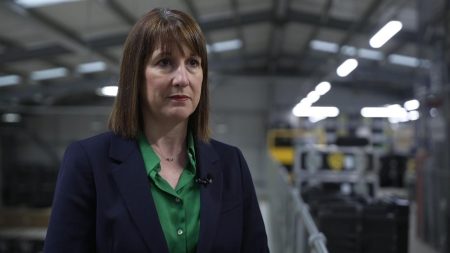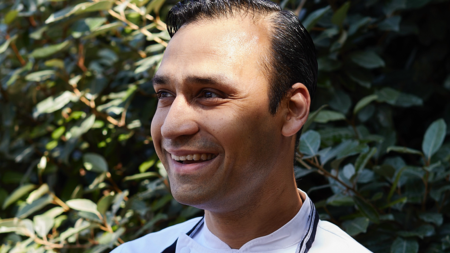Elon Musk Makes a $97.4 Billion Bid to Acquire OpenAI Amidst Ongoing Tensions
In a dramatic turn of events, Elon Musk, the owner of X (formerly Twitter), has led a group in making a staggering $97.4 billion bid to purchase OpenAI, a leading artificial intelligence startup. This move comes just months after Musk sued the company, escalating tensions that have been simmering for years. Musk co-founded OpenAI in 2015 alongside its current CEO, Sam Altman, but left the company before its groundbreaking release of ChatGPT in late 2022, which catapulted OpenAI to global prominence. Now, Musk is seeking to reclaim control of the company he once helped create, citing a desire to restore OpenAI to its original mission as an open-source, safety-focused organization.
OpenAI’s Shift to a For-Profit Model Sparks Controversy
At the heart of the conflict is OpenAI’s recent pivot from a non-profit to a for-profit model. Initially launched as a non-profit organization, OpenAI aimed to develop advanced AI responsibly and make it accessible to the public. However, the company now believes that transitioning to a for-profit structure is necessary to sustain its ambitious goals and fund the development of the best AI models. This shift has created friction, particularly with Musk, who strongly disagrees with the move. In a press release accompanying the bid, Musk stated, "It’s time for OpenAI to return to the open-source, safety-focused force for good it once was. We will make sure that happens." Musk’s vision for OpenAI starkly contrasts with Altman’s leadership, which has emphasized the need for financial sustainability to drive innovation.
Musk’s Offer and the Potential Merger with xAI
The bid, backed by Musk’s rival AI company xAI, could lead to a merger between xAI and OpenAI if successful. The offer specifically targets the non-profit entity that controls OpenAI, rather than the entire operation. This strategic move suggests that Musk is not only seeking to regain influence over OpenAI’s direction but also to integrate its capabilities with his own AI ventures. However, the deal is far from straightforward. OpenAI was last valued at $157 billion in its October 2023 funding round, making this one of the largest acquisition bids in history. Musk’s group would need to secure enormous funding to complete the purchase, raising questions about the feasibility of the deal.
Escalating Tensions Between Musk and Altman
The bid has intensified the long-standing feud between Musk and Altman, who have publicly clashed in recent years. Their relationship began to fray when Musk resigned from OpenAI’s board in 2018, and tensions escalated further when Musk sued OpenAI and Altman last year. The lawsuit alleges that OpenAI breached its contract by prioritizing profits over its original commitment to careful AI development and free access. Altman responded to Musk’s bid with a defiant post on X, writing, "no thank you but we will buy twitter for $9.74 billion if you want," a clear jab at Musk’s ownership of the platform.
A Legal Battle with No End in Sight
The legal showdown between Musk and OpenAI reached a critical juncture last week as lawyers for both sides appeared in a California federal court. Musk is seeking a court order to block OpenAI’s transition to a for-profit entity, arguing that the move violates the company’s founding principles. While U.S. district judge Yvonne Gonzalez Rogers has yet to rule on the request, she indicated that the case would proceed to a jury trial, signaling that the legal battle is far from over. This ongoing litigation adds another layer of complexity to Musk’s acquisition bid, raising questions about the future of OpenAI and its role in the rapidly evolving AI landscape.
The Future of OpenAI and the Broader AI Landscape
As the saga unfolds, the future of OpenAI hangs in the balance. If Musk’s bid succeeds, it could fundamentally alter the company’s trajectory, potentially realigning it with its original non-profit mission. However, if Altman prevails, OpenAI may continue its path toward becoming a major player in the for-profit AI sector. Beyond the immediate implications for OpenAI, this high-stakes drama highlights the broader tensions within the AI industry. As companies race to develop the most advanced AI models, questions about ownership, profitability, and ethical responsibility loom large. Whether Musk’s bid ultimately succeeds or fails, one thing is clear: the battle for control of OpenAI is just one chapter in the ongoing story of AI’s transformation of the world.


